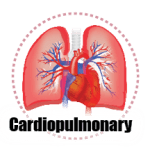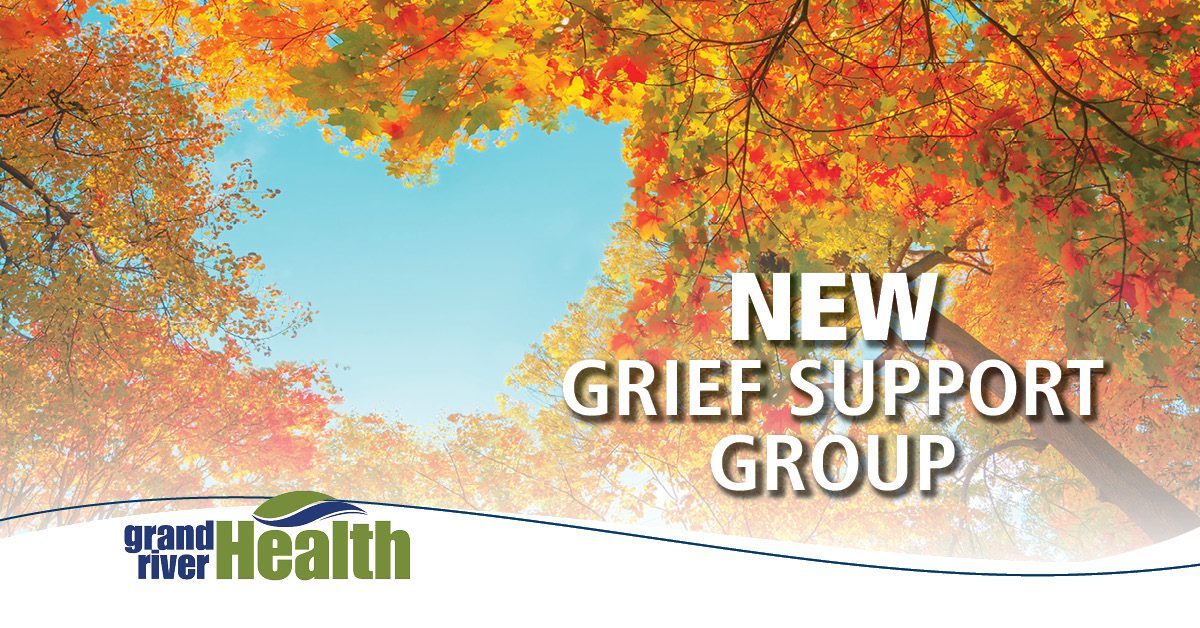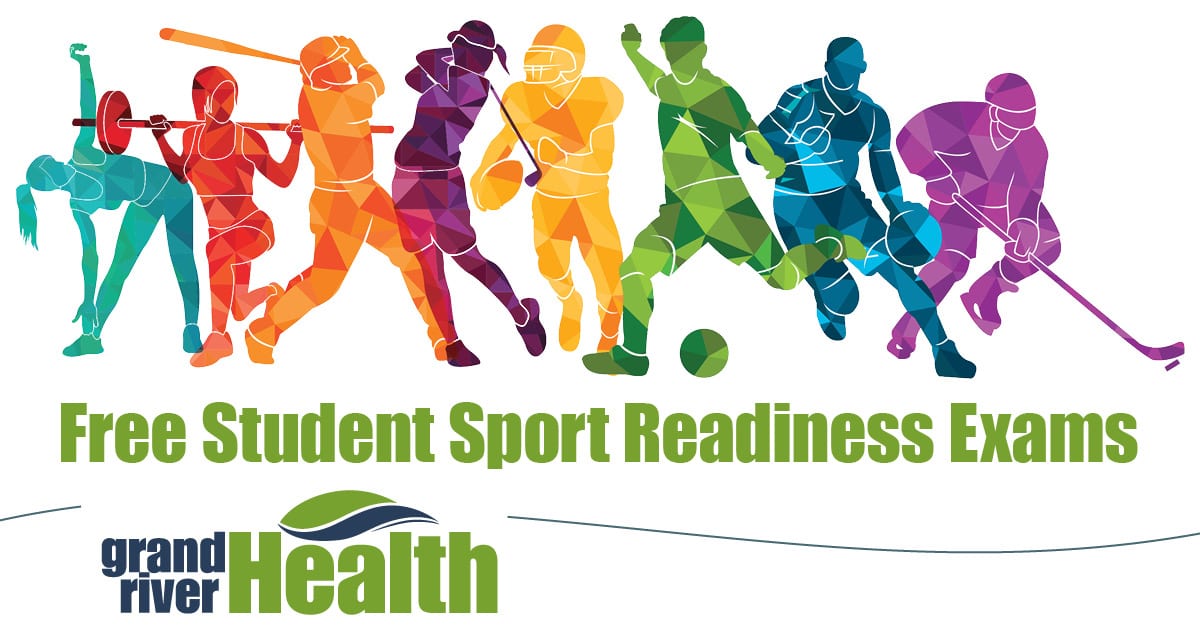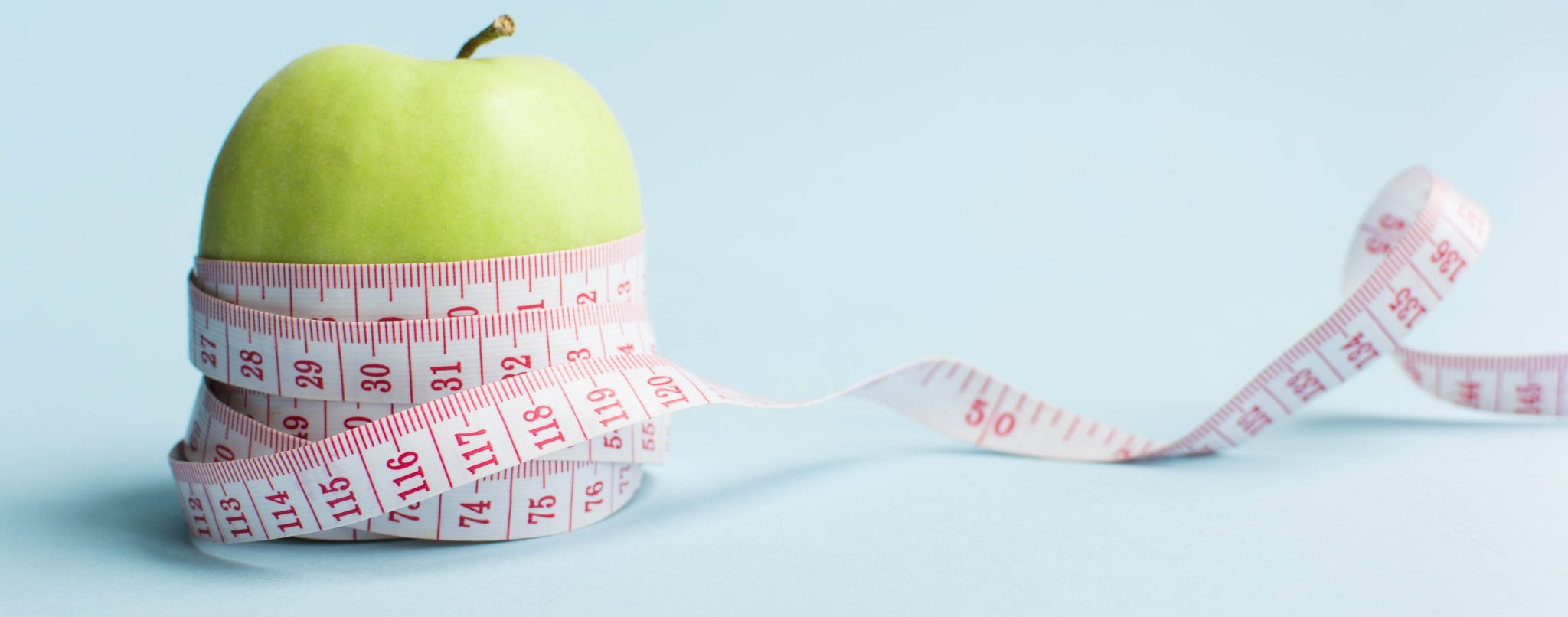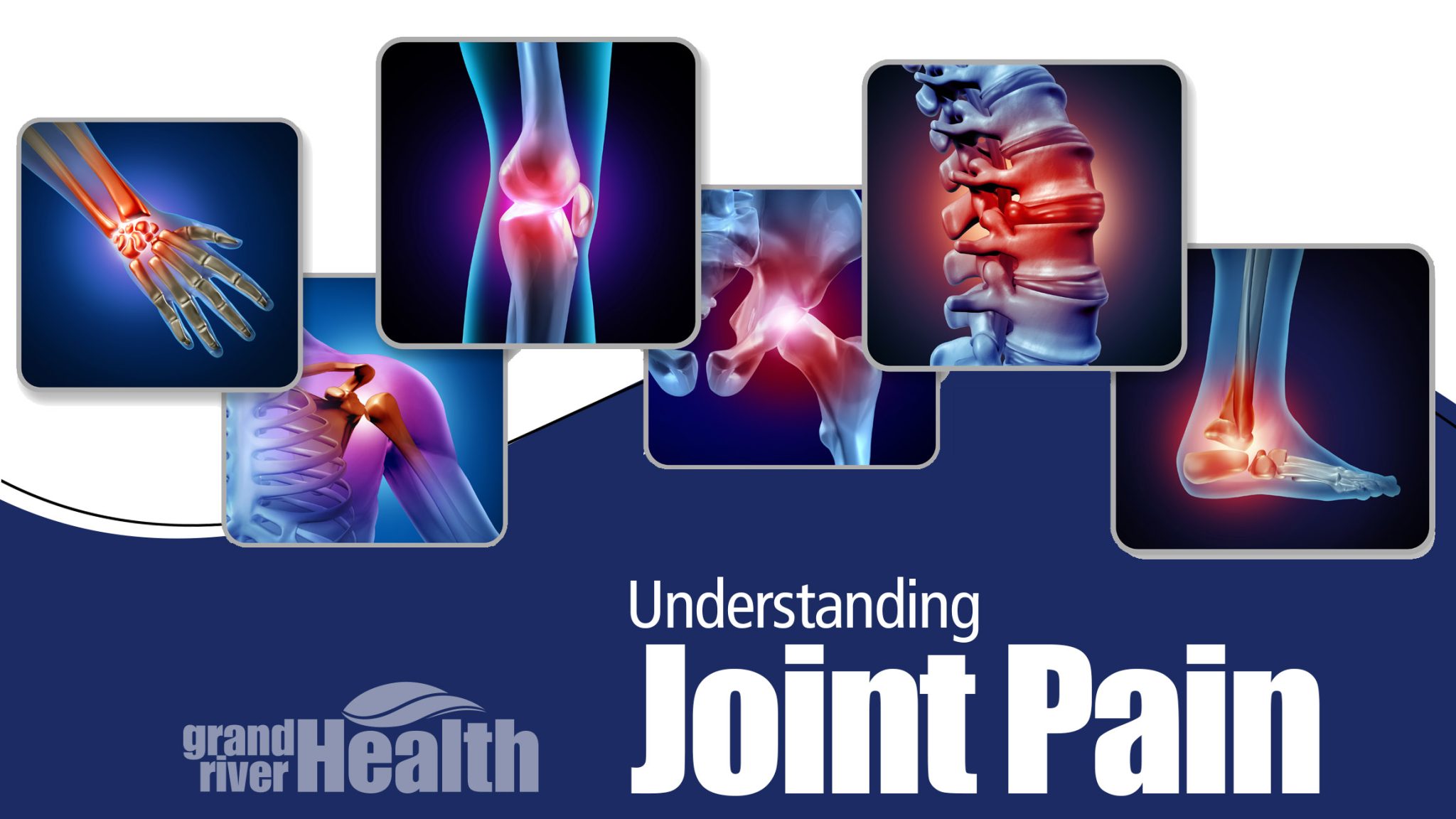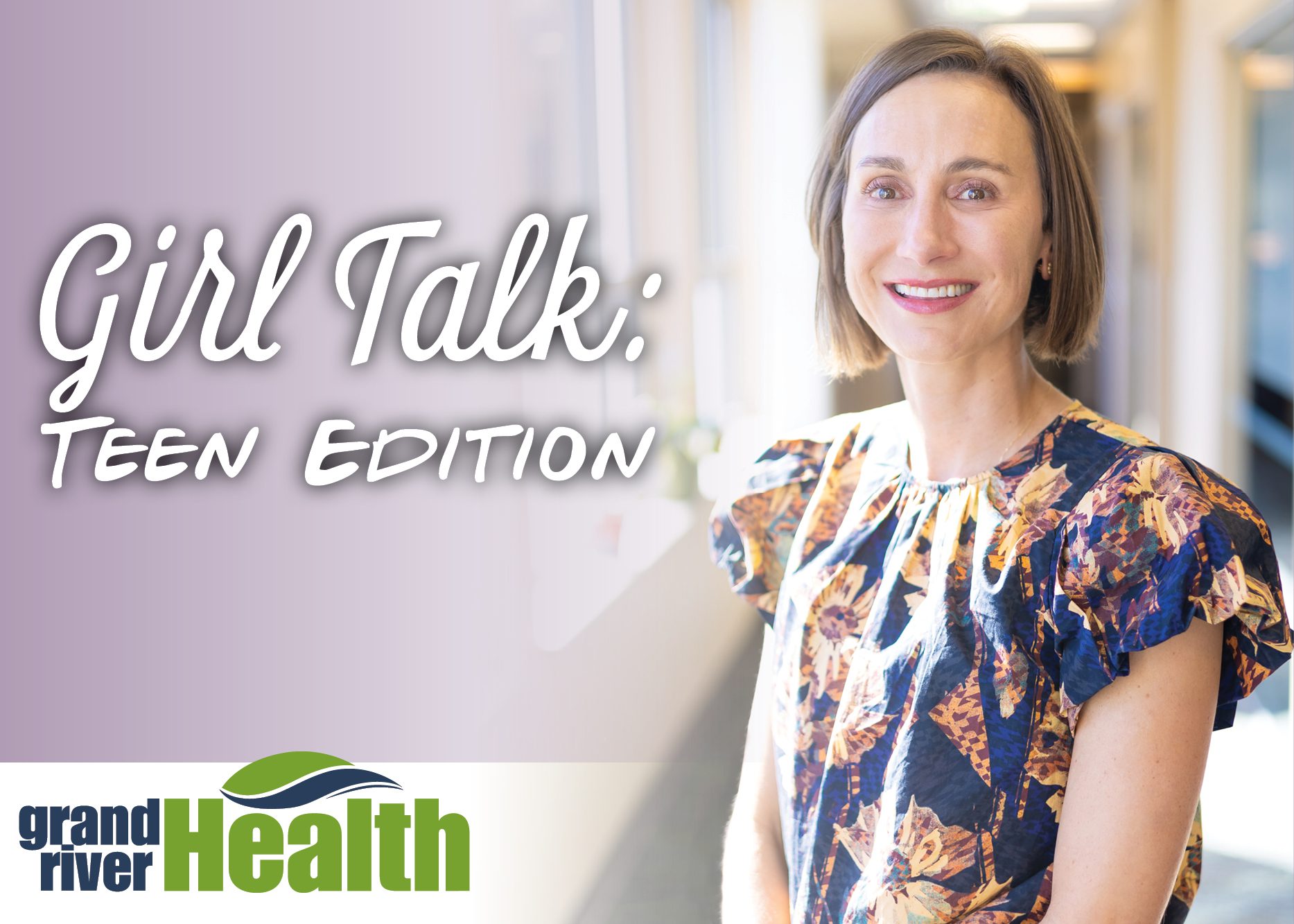The Cardiopulmonary Services Department at Grand River Health is comprised of registered and certified respiratory therapists, who provide comprehensive, quality diagnostic services for those individuals requiring diagnosis and treatment of cardiopulmonary diseases.
Cardiopulmonary Services include:
- Electrocardiograms (ECG)
- Ventilator management
- Cardiac Stress testing
- Cardiac Rehab
- Pulmonary Function testing
- Sleep Polysomnography (Sleep Study)
- Holter and Event monitoring
- In-patient respiratory care and treatment
- LifeWatch ACT™
Learn more
Your physician has ordered a Cardiac Monitor. The Cardiac Monitors used at Grand River Health employ the latest technologies to monitor and transmit heart rhythm disturbances as they occur using cell phone technology.
An Electrocardiogram (ECG) can only provide a “snap shot” of your heart rhythms, what your heart is doing at that moment in time. A Cardiac Monitor is worn continuously, 24 hours a day and provides “live” results to your Respiratory Therapist each day. It will capture any arrhythmias or palpitations you experience no matter the time of day. Continuous cardiac monitoring also allows us to see if your symptoms may be triggered by specific activities.
A Respiratory Therapist will instruct you in how to use this monitor. You should plan to be with us for 10 to 15 minutes to set up your Cardiac Monitor. We can usually set-up your Cardiac Monitor at the time it is ordered.
Cardiac Stress Tests must be scheduled in advance. To schedule your stress test, please call 970.625.1100,
Monday through Friday, 8 am – 5 pm.
Exercise Treadmill – option 1
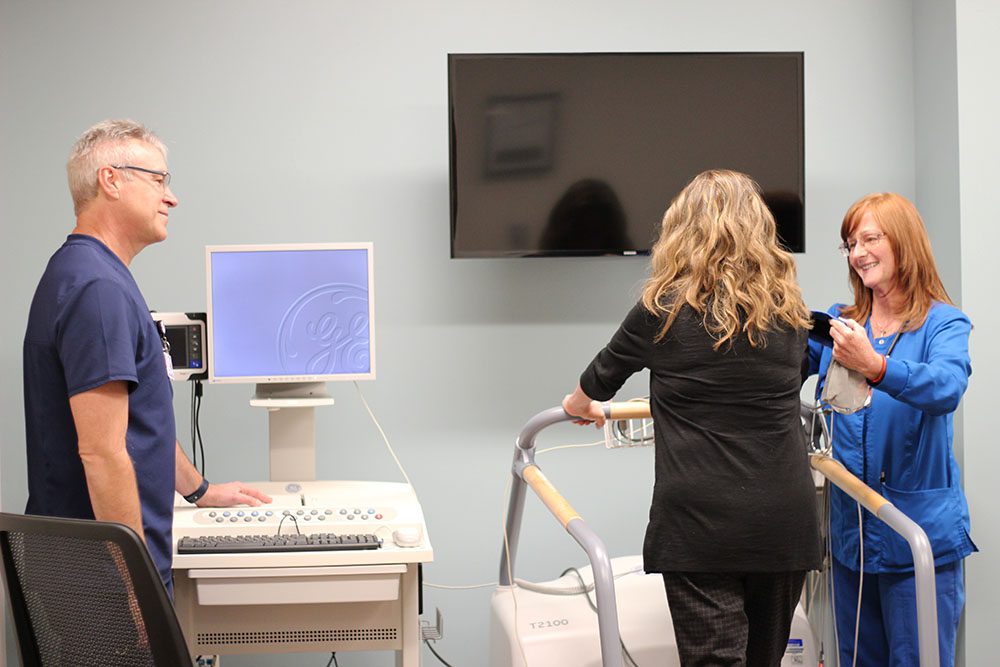 For this test you will walk on a treadmill in order to “stress” your heart. The goal is to increase your heart rate to at least 85% of the maximum predicted heart rate for your age. Throughout this test EKG, blood pressure and oxygen saturation will be constantly monitored by a specially trained physician or technician.
For this test you will walk on a treadmill in order to “stress” your heart. The goal is to increase your heart rate to at least 85% of the maximum predicted heart rate for your age. Throughout this test EKG, blood pressure and oxygen saturation will be constantly monitored by a specially trained physician or technician.
A successful exercise stress test will require significant work on your part. The treadmill will start at a slow walk, but with a substantial incline. Every three minutes the treadmill will automatically adjust to a slightly faster speed and considerably higher incline. Don’t worry about being able to run on the treadmill. The majority of your work will come from walking uphill. If you feel you are not able to safely walk on a treadmill, please discuss your concerns with your primary care clinician. They may consider other cardiac testing options for you.
- Some medications may affect cardiac stress testing. Your primary care physician will decide on an appropriate medication plan for the testing period. The decision to continue or adjust your medications must be made by your physician when the stress test is ordered. The respiratory therapists and support personnel who schedule and perform your test cannot advise you about your medications.
- Be sure to wear comfortable clothes and shoes. You may have a light breakfast before your test, but no coffee or caffeine.
Nuclear cardiac stress tests – option 2
Nuclear Cardiac Stress tests are scheduled by calling 970.625.1100. You will be provided instructions and information pertaining to your specific tests.
Pulmonary Function Tests must be scheduled in advance. To schedule your PFT, please call 970.625.1100, Monday through Friday, 8 am – 5 pm.
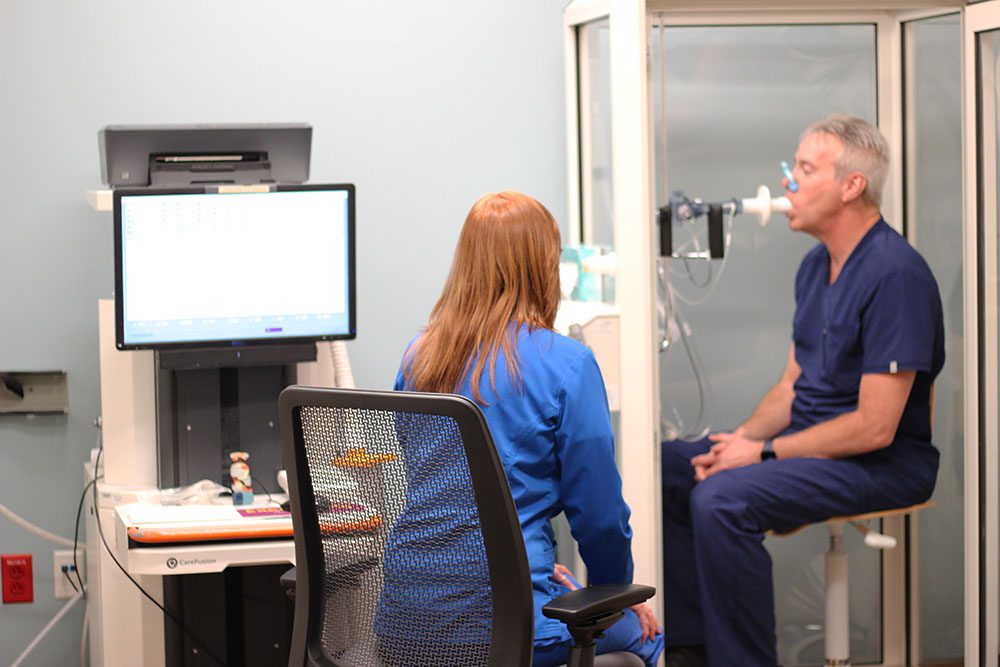 The Pulmonary Function Lab provides specialized testing to determine the cause of your breathing problems. The information from your PFT will assist your physician in diagnosing and treating your pulmonary disorder. The results of your pulmonary function tests are compared to the established normal values for someone your age, gender and height.
The Pulmonary Function Lab provides specialized testing to determine the cause of your breathing problems. The information from your PFT will assist your physician in diagnosing and treating your pulmonary disorder. The results of your pulmonary function tests are compared to the established normal values for someone your age, gender and height.
Grand River Health’s Cardiopulmonary Services has a new, state-of-the-art pulmonary function lab that includes plethsmography or body box testing. For some of your testing you will sit inside this clear glass booth.
- Accurate pulmonary function testing requires significant effort on your part. Don’t schedule your PFT when you are fasting before blood tests. You will need energy to do well in the PFT Lab.
- Communication and cooperation between the patient and the Respiratory Therapist is also essential to accurate testing. If you are not comfortable speaking English, please let us know that when you schedule your PFT.
- All PFTs begin with Spirometry, the measurement of your basic lung volumes and flows. After the first set of Spirometry you will be given a breathing treatment with a bronchodilator medicine. Following this treatment, you will repeat the Spirometry. Comparison of the Spirometry values before and after the bronchodilator is a critical part of diagnosing your pulmonary disorder. To ensure the accuracy of these results:
- Hold all respiratory medications for 6 hours and 12 hours for long-acting medications prior to your appointment.
- You must not have any caffeine. (The chemical composition of caffeine is similar to that of bronchodilator medicines.) If you are unable to hold your respiratory medicines or drink a caffeinated beverage, your PFT appointment will have to be re-scheduled.
Grand River Health offers three levels of testing for sleep problems.
Pulse Oximetry
Pulse Oximeters may be picked up any time.
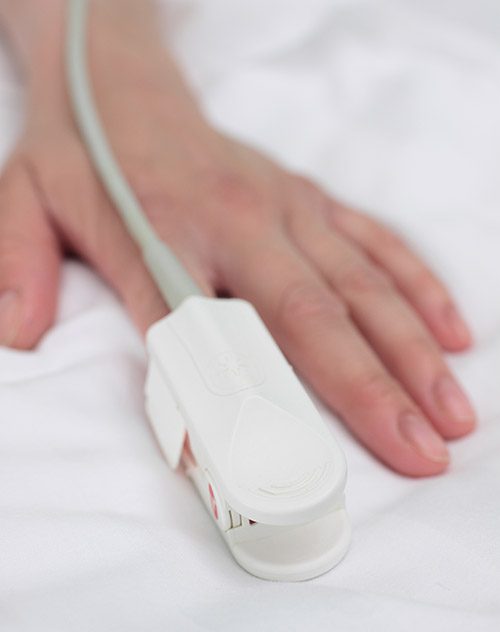 A pulse oximeter measures the oxygen saturation of your blood. You may receive an oximeter from the Clinic Lab or from Cardiopulmonary Services in the main hospital. You are to wear the oximeter throughout an “overnight” sleep period.
A pulse oximeter measures the oxygen saturation of your blood. You may receive an oximeter from the Clinic Lab or from Cardiopulmonary Services in the main hospital. You are to wear the oximeter throughout an “overnight” sleep period.
Our pulse oximeters are the size of a large wrist watch with an attached finger probe. A respiratory therapist will provide instructions when you pick up an oximeter.
DO NOT place any kind of tape around your finger or hand.
 Home Sleep Test (HST)
Home Sleep Test (HST)
Appointment Required. Must be scheduled in advance. Please call 970.625.1100 to schedule.
HST provides measurement of multiple sleep parameters in the comfort of your own home. For many patients HST provides all the information your physician will need to accurately diagnose and treat your sleep disorder.
A respiratory therapist will explain how to use the HST equipment. You should plan on being with us for 20 – 30 minutes. The HST appointment will include a series of sleep related questions and detailed instructions.
In-Hospital Sleep Study
Appointment Required. Must be scheduled in advance. Please call 970.625.1100 to schedule.
Some patients with complex or mixed sleep apneas will require overnight, in-hospital sleep testing. These tests are performed in Grand River’s sleep testing bedrooms by specially-trained sleep technologists. To schedule an in-hospital overnight sleep study call 970.625.1100.

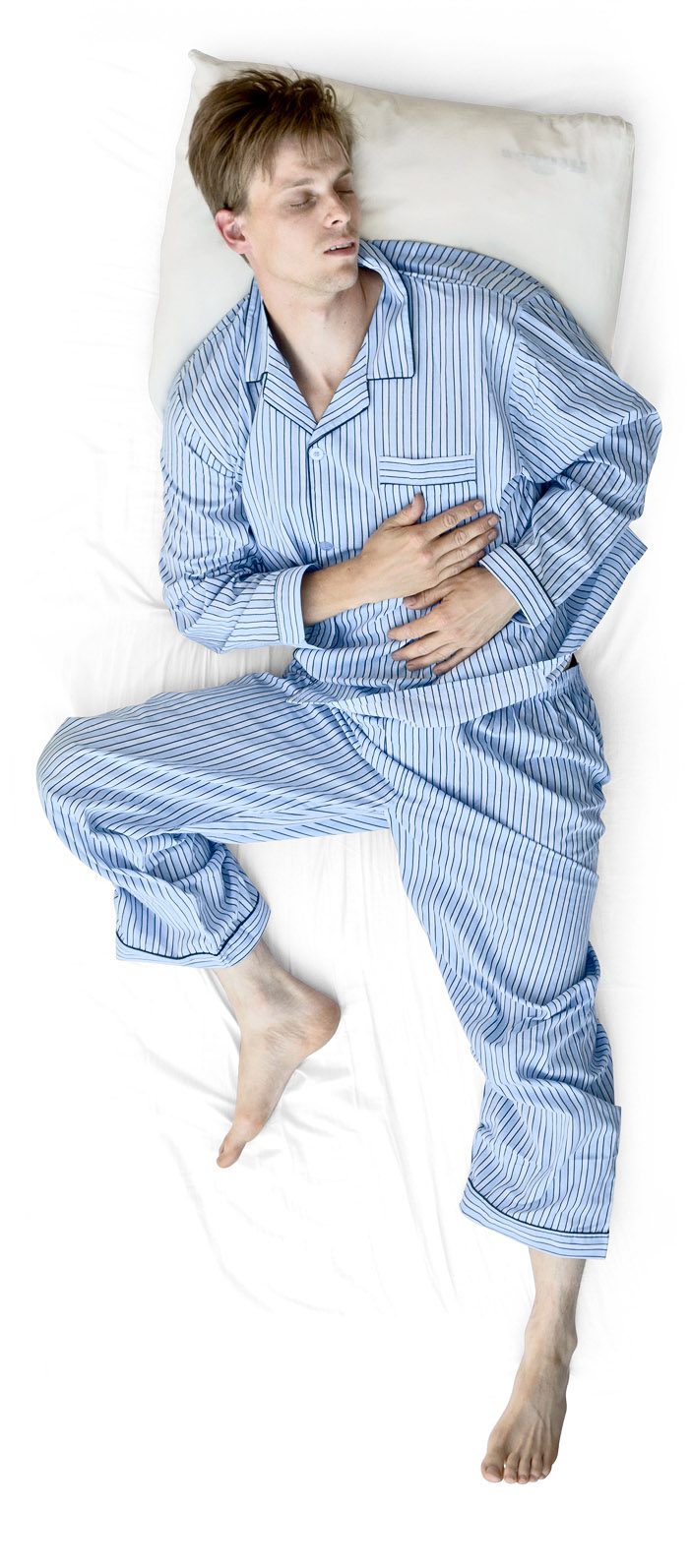 Home Sleep Test (HST)
Home Sleep Test (HST) 